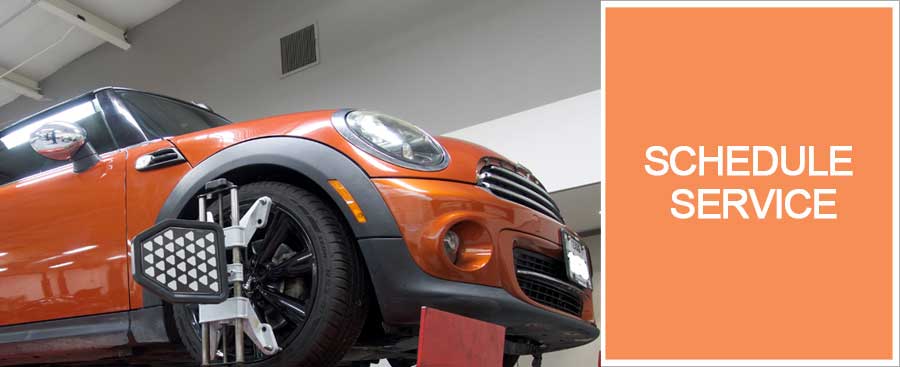There are a few potential reasons that your Mini Cooper’s transmission might be slipping. Whatever the reason, it is important to get this problem solved right away. Not all transmission problems will require a replacement, but the longer you leave the issue the more likely it is. Transmission replacements are also notoriously expensive repairs, so we suggest that you seek expert help right away. Here’s what you need to know about Mini Cooper transmissions and what you can do if yours is slipping.
What is a Transmission?
A transmission controls the gear in your vehicle. It is responsible for outputting the right power based on your speed and the conditions on the road.
What is Transmission Slipping?
There are many different potential transmission problems but slipping is the most common. This is when your Mini Copper slips into another gear without you asking it to (when it’s manual) or when it is not supposed to (when it’s automatic). Transmission slipping will feel like a sudden jolt in the vehicle. It can be dangerous because it can cause your vehicle to move erratically or to not respond when you ask for more speed. Transmission slipping may start off small, happening just when you pull out of your driveway, and then become more common and increasingly dangerous.
Fluid Problems
The transmission in your Mini Cooper relies on hydraulic pressure. It has fluid to maintain this pressure throughout the system. Problems with the fluid can therefore create pressure problems that result in transmission slipping and other problems. There are a few different fluid issues that can lead to this, including:
- Low fluid levels: If there isn’t enough transmission fluid in your Mini Cooper than the system cannot generate enough pressure to engage the next gear. This can also cause your engine to overheat.
- Fluid leaks: One reason your transmission may not have enough fluid is a leak. In this case. Topping the fluid up will help for a bit, but then the slipping issue returns. You’ll need to find and repair the leak–and remember that there may be multiple leaks.
- Burnt/old fluid: Transmission fluid needs to be replaced just like motor oil (just less often). It eventually starts to get clogged up with particulates and burnt due to high temperatures in your engine.
What are the fixes for these issues? You can change out the oil and you can find and repair any leaks in the transmission.
Clutch Problems in Manual Transmissions
While fluid issues are the most common cause of transmission slipping in automatic vehicles, manual vehicles are more like to have clutch problems. If your Mini Cooper is manual, then clutch issues are worth considering.
The most common problem in a manual transmission is a clutch disc. They may last as many as 200,000 miles if you drive well, but if you learned to drive manual in the vehicle or you have less than ideal driving habits the clutch may wear out faster, even as fast as 20,000 miles.
When the clutch disc wears out it lacks the friction to grab onto the engine flywheel and change the gear of the vehicle. It may work sometimes but fail other times. In this case, the only solution is to replace the clutch. If this problem keeps reoccurring for you, then you may want to consider adjusting your driving habits to be a little easier on the clutch.
Gear Problems
If you have a lot of miles on your Mini Cooper then gear problems are a possibility. Overheating or lack of oil changes may also cause gear problems even before your vehicle gets up there in mileage. When the gears are worn, they will not fit as precisely together. This means that they may slip out of gear, fail to engage in gear, hand will also cause grinding or loud sounds. The longer this goes on the more damaged the gears will get. The solution, in this case, is to either replace the gears or to replace the wole transmission.
Torque Converter Issue
The torque converter is a part of the transmission that controls the transfer of the engine power to the transmission fluid. Essentially it creates hydraulic pressure. If it is broken, then there may not be enough pressure to change gears. You may feel your vehicle slip or stall.
If you’re dealing with any of the symptoms described, please don’t hesitate to get in touch with us at (214) 462-7863. We are looking forward to getting you back on the road, safely!


